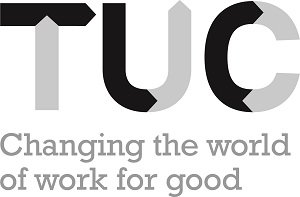Each Government Department’s Ministers face oral questioning at least once every four weeks in the House of Commons.
Questions for answer by Ministers are tabled up to three days in advance (not including Fridays and weekends). Questions to the Offices of the Secretaries of State for Scotland, Wales and Northern Ireland must be tabled five days ahead.
Each Member of Parliament can table one oral question to a Department. Before the scheduled session the tabled questions are shuffled randomly.
The order of questions that is then produced appears in the Order of Business for that day and will be the order in which the chair calls questioners during question time. Only Members of Parliament who appear near the top of the list are likely to be able to ask their question.
At the scheduled time, the Speaker calls the questioners in the order that they appear on the Order Paper.
The questioner stands and states the number of their question. The Minister who is answering the question stands and responds to the question, reading out an answer that is normally prepared by the Minister’s office.
The questioner then stands and asks a follow-up or ‘supplementary’ question on the same subject.
After the Minister has responded to that supplementary by the person asking the question, the Speaker may call MPs from other parties, including opposition spokespersons, to ask a supplementary on the same subject.
Opposition spokespersons can ask more than one supplementary if they wish. When the Speaker deems the subject to be exhausted, the next questioner on the list is called.
Questions as tabled are always addressed to the Secretary of State or most senior Commons Minister in a Department, but often a Junior Minister from that Department may rise to answer at Question Time.
Questions on the Order Paper not reached in the time allowed receive a written answer, normally on the same day.


